An NGO in Thailand is helping Rural Thai girls from the poorer areas of the Isaan region form desirable career goals and then find ways to meet them. A news report last week described the work of the Pratthanadee Foundation and its Better Me workshops, which try to develop a sense of empowerment among teenage girls who come from disadvantaged homes in the Ubon Ratchathani province of Isaan, the northeastern section of the nation.
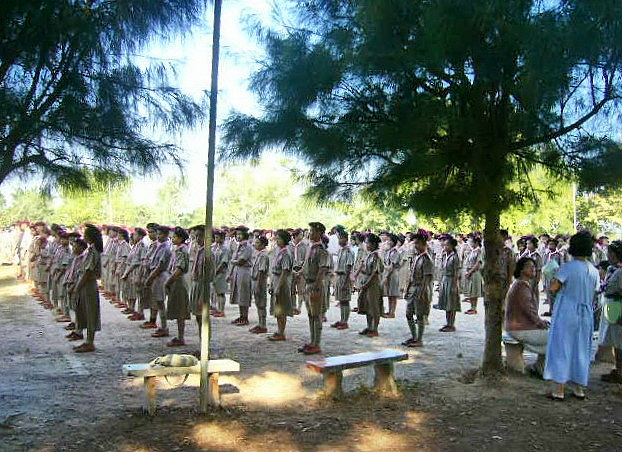
The foundation works in the rural schools of Isaan. Sarochinee Unyawachsumrith, the managing director of the foundation and of the Better Me workshops, talks to the girls in a rural school surrounded by rice paddies and tells them to imagine their futures. “What do you see in your mind? What feelings do you have? Now draw it!” the lady, nicknamed Beer, says to the group.
The girls sit on the floor drawing pictures of women professionals—or flowers or rainbows. But one, Fai, draws a picture of a bank surrounded by coins. Her dream is to earn as much as she can so she can support her family. Beer tells the reporter later that the girl is not atypical of the poor family backgrounds of young people in the region. “But we are here to tell them about the risks if they choose the wrong job, what options they have and, perhaps for the first time, to see their own [potentials],” she says.
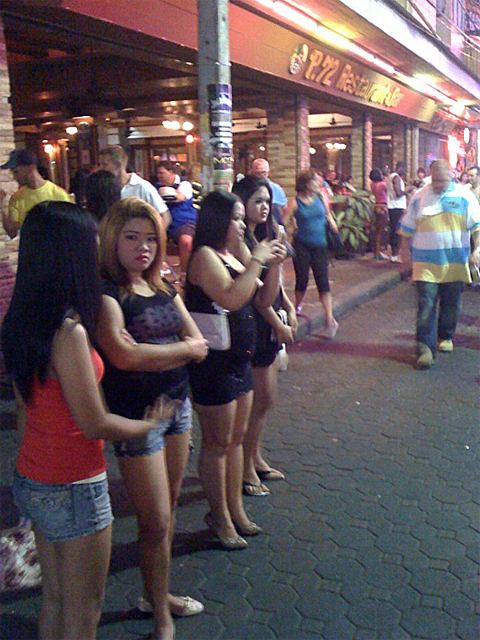
The fact is that many of the maids, housekeepers, waitresses and sex workers in major cities such as Bangkok come from the poorer parts of Isaan. Fai lives with her younger sister while both of their parents do construction work in another province. Fai’s friend Nan and her younger sister are cared for by their grandmother while their parents work elsewhere.
It is that sort of home life and hopelessness that the Pratthanadee Foundation is trying to overcome. The foundation, working with adult women in Bangkok, recognized the low self-worth and low self-esteem that many of the women in the city brought with them from their rural homes. So the foundation opened a regional office in Isaan.
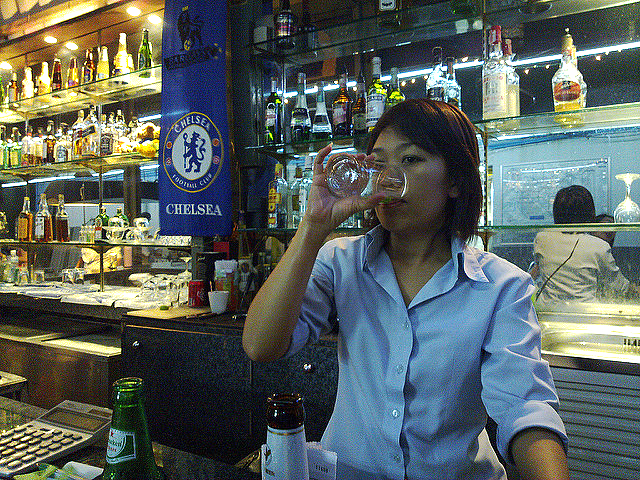
In addition to Beer, adults at the Better Me workshops include Ploy, the coordinator of the program and Nang, a 36-year old former student from an earlier workshop by the foundation in Bangkok. Before her training at the foundation, Nang was employed as a “bar girl,” a waitress in one of the city’s red light districts.
She told the reporter that she had known lots of women from her district who went to work at bars in the capital. “The feeling was that if you have children and your family is very poor, you have to do it.” She added that the hope among those women is to find a foreign boyfriend who would then provide support. Nang admitted that the work was financially profitable, but she also felt that it was dangerous.
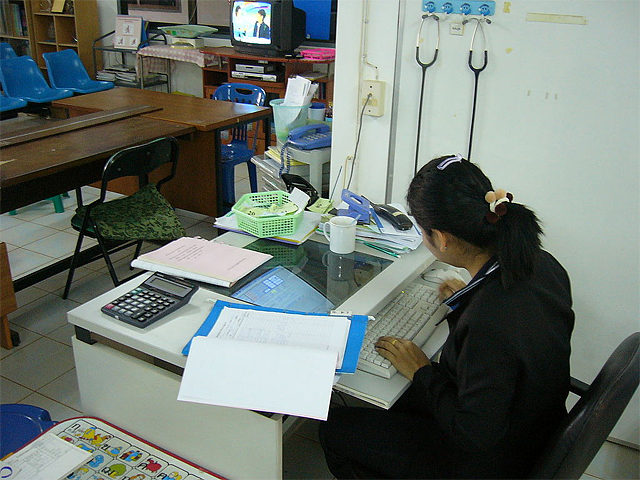
When the founder of the NGO asked her what she would see as her dream job, she replied that she wanted to work in an office situation. She wanted to work with a computer, wear a beautiful dress and never be scared. He helped her work toward her goal. The staff at the Better Me workshops don’t sugarcoat the realities, however. The girls live in harsh conditions and from a young age they are pressured to help support their families.
Fai, the student, said that the workshops had suggested new avenues for her to consider. She felt that they had taught her to think of her own future more as a journey than as a quick fix. Fai said she would like to focus on the possibility of computer science as a career. She recognizes it is a long shot—she is not sure how she could afford the costs of a training program—but a good career should give her funds so she could help her family and have a better life herself.
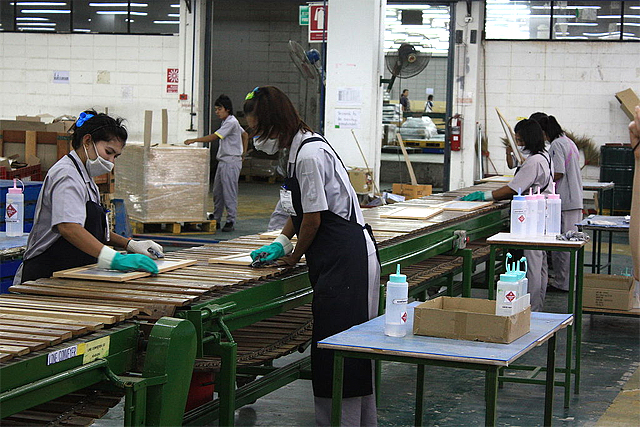
But Nang is realistic. She would like the girls to stay in school in order to get good jobs. But some will choose to work in factories. So the foundation tells them about the labor laws of Thailand and their rights as workers. In an ever optimistic spirit, she tells them, “If you like this work, then do it. But maybe, in the future, you can go to the next level. Why not see how far you can go?”
Beer emphasized to the reporter that the unique aspect of the foundation’s work is their emphasis on visualization and goal-setting. They believe it is essential to empower the girls to think of their futures in new ways. The staff emphasizes to them that they must devise their own dreams, then work out what they have to do to get there.
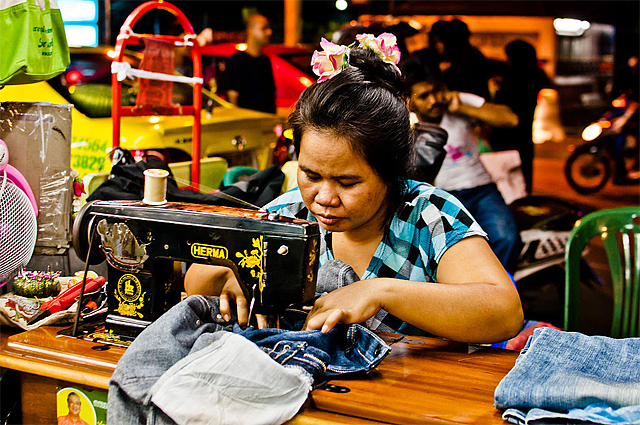
In essence, if girls really want to work on the streets, fine. That’s their choice. But the staff asks them to keep the pictures they drew with their images of hopes for their futures. They ask the girls to take the pictures out a year later, on the same date, and study them. They should ask themselves if they are getting any closer to their goals—are they on track to attain them? The staff emphasizes that they will still be there to help out, if needed.
The website of the Pratthanadee Foundation gives more information about the group and its work.